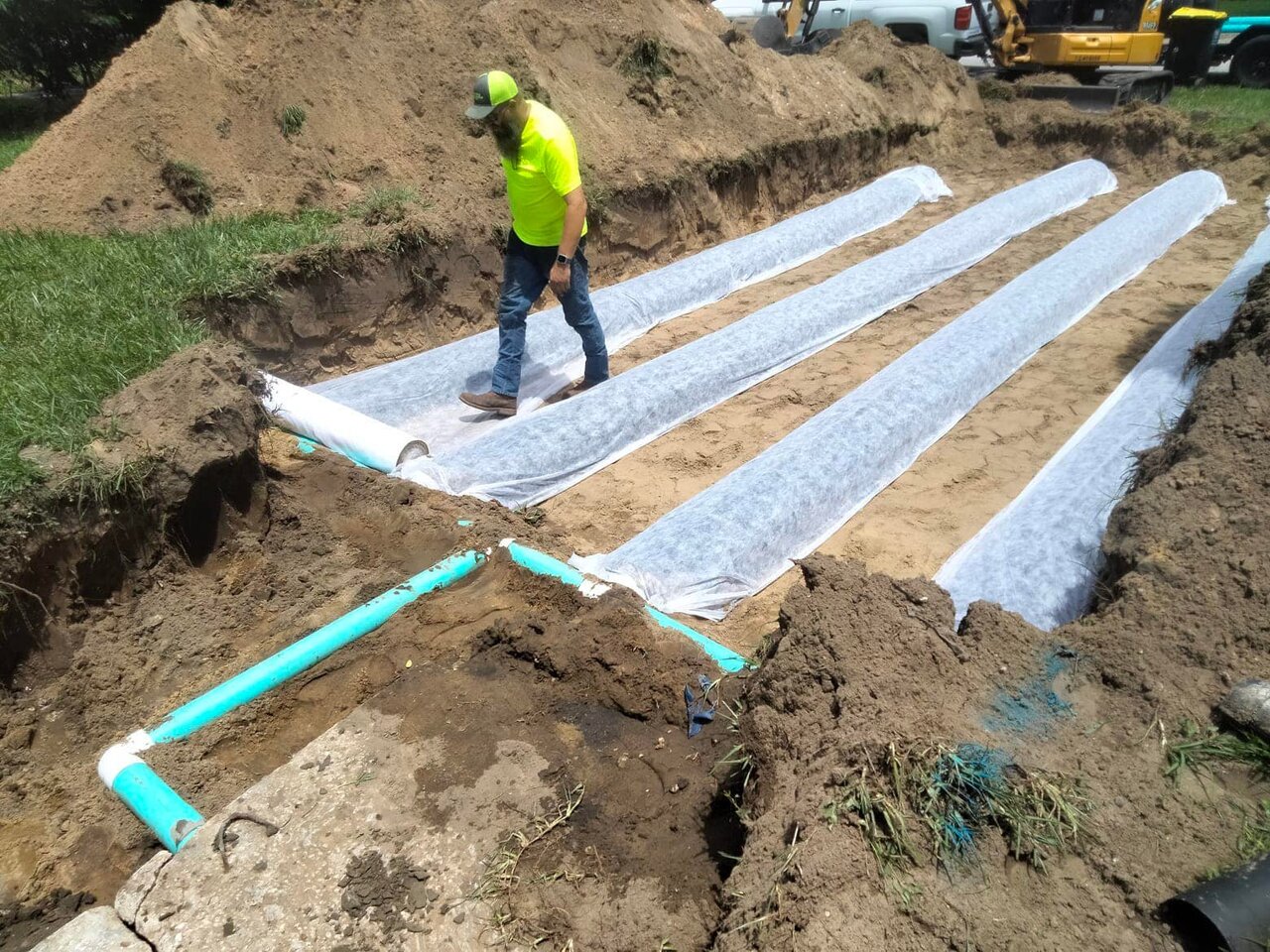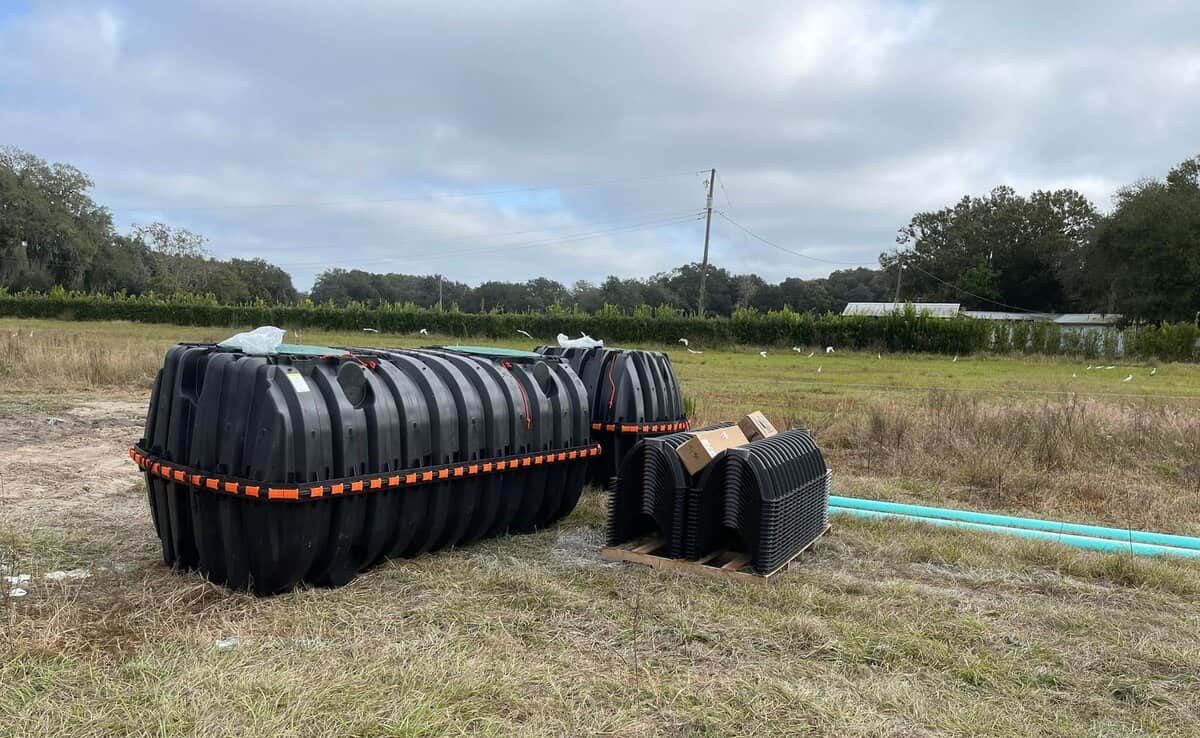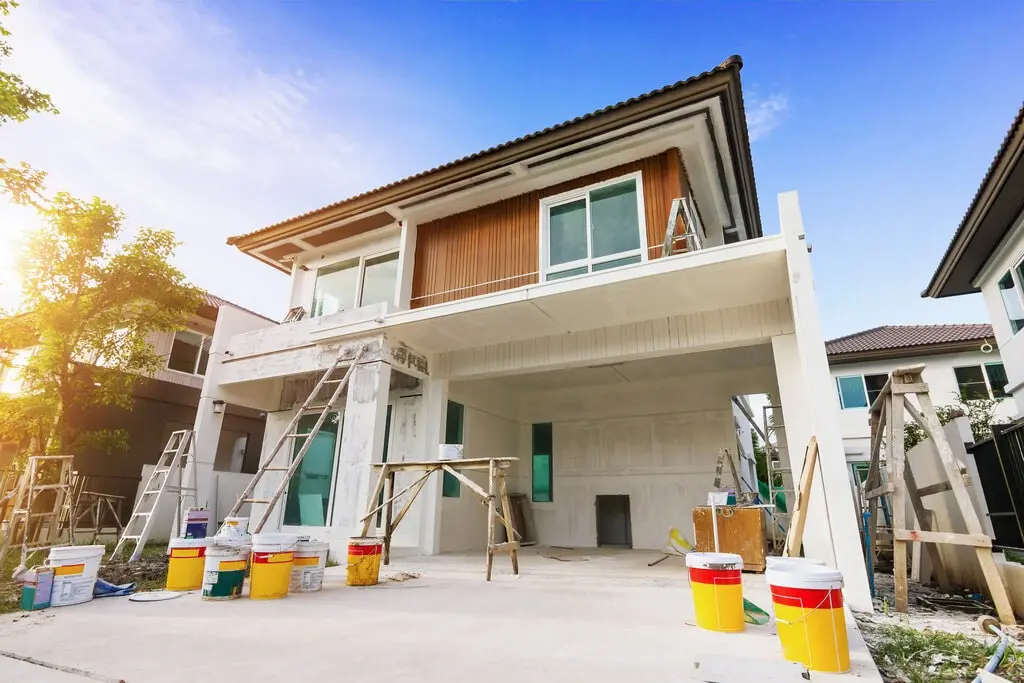What You Should Know as a Home or Commercial Owner
Septic tanks are installed in one in four U.S. homes. They are particularly popular in rural areas that are not served by city sewer services. Rather than sending waste through the sewer lines to a central sewage treatment plant, a septic system pumps both solid and liquid waste from the building to a drain field and subsequently to an underground septic tank.
How a Septic System Operates
With traditional septic systems, water and waste carried by the system flow down the home’s drain system. There it will travel through one sewer pipe to the septic tank. The flow of water is typically a case of gravity doing its thing. Some systems help gravity along by employing an electric pump. The septic tank will hold the waste long enough for the solid material to settle on the bottom. Meanwhile, oil, liquids, and grease will float to the top. When all that scum reaches the top, that’s referred to as the septic tank reaching capacity. When that time comes, the scum at the top will travel through a series of porous pipes to a drain field. The drain field has been prepared with gravel and aggregate materials that help to disperse the liquid waste. The liquid that’s leftover will filter through the soil while bacteria begin to break down the pathogens. By the time the waste filters down to the groundwater pipes, the liquid is nearly sterile. That’s mother nature at work.
The solids left in the bank are broken down by anaerobic bacteria. This leaves a sludge behind that collects on the bottom of the septic tank. In most cases, the bacterial action is effective enough to leave very little waste material behind.
What Components Make up a Septic Tank?
Septic tanks can be made of concrete, fiberglass, or polyethylene. The tanks are water-tight and buried in the ground somewhere near the house or place of business. The tank includes an inlet pipe that acts as a conduit for waste originating from the building, as well as an outlet pipe that lets waste flow onward to the drain field. The top of the tank is buried under the soil’s surface. In most cases, the tank will be invisible to the eye aside from a manhole cover. That cover is where you will have the septic tank pumped when the time comes.
When Should You Have Your Septic Tank Pumped?
According to the environmental protection agency (EPA), you should have your septic tank inspected at least once every two years. You should schedule a mechanical pumping of your septic tank every three to five years to fully empty the tank.
Undersized systems and those that see heavy use may require annual pumping. Some septic tank systems come with electrical pumps, float switches, or other components that need to be inspected more frequently. Turn to the manufacturer of your septic tank for details on the recommended inspection schedule.
Septic tank pumping involves the removal of sludge from the bottom surface, which should be done before it builds up to a level where it blocks the outlet pipe. A septic tank truck with vacuum equipment will arrive at the home, whereby a large hose will be slipped into the septic tank through the manhole (once the cover is removed).
The truck’s equipment will suck the contents out of the septic tank. In some cases, the technician will stir the contents of the tank with a rake to break up the solids to make them easier to extract.
How Much Does Septic Tank Pumping Cost?
Costs for pumping a septic tank can range anywhere from $200 to $500. Your costs may vary depending on the region you live in and the size of the tank.
To learn more, and to receive a free estimate for the pumping of your septic tank, call our septic company in Lakeland, Florida.







